Of aristocrats, evil political parties
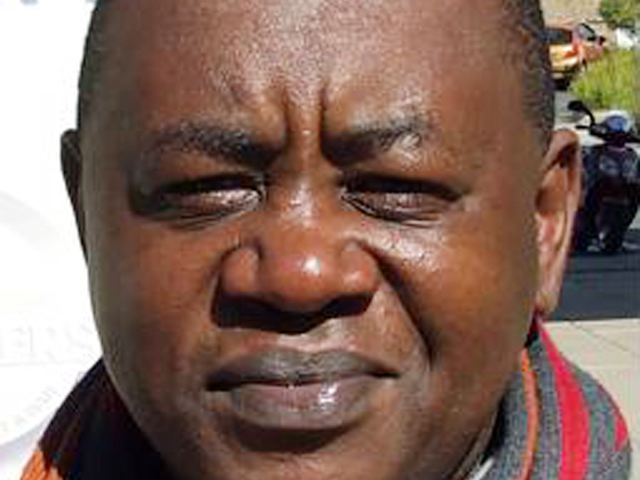
Reducing all our problems to Zanu-PF is tempting but ultimately unhelpful. The truth is considerably more complex. IF I were to walk up to a woman selling tomatoes at the local market and ask her to explain Zimbabwe’s problems she would very easily point out that there are no jobs in the economy (effect) and then make some vague references to Government corruption and incompetence (cause). She would be somewhat correct on all counts.
The problem is these are merely surface observations. It is incorrect to class corruption or incompetence as causative. Both are actually the effect of something perhaps not as apparent. The helpful political question is why Government is incompetent, why is it corrupt.
The opposition tells us it is because Zanu-PF is inherently evil. Mutambara put it a bit more graphically describing Zanu-PF as “rotten to the core” and Mugabe as the benevolent glue that “holds the rot together.”
This reductive type of analysis is politically convenient and expected of anyone positioning as an alternative to Zanu-PF. The opposition would be foolish not to make such claims.
However, it is disappointing when newspapers elevate this sort of pub grumbling to the realm of serious analysis. I would hope to find a sophisticated distinction between what the hostile economist Vince Musewe dishes out in his NewsDay column and the simplistic views of the woman selling tomatoes.
As early as 1999, the opposition was wailing itself hoarse over Mugabe’s lengthy 19 years in power. He has stayed too long. Mugabe must go, they cried. Fair enough. The problem arises when Tsvangirai now aspires to 18 years at the helm of the MDC, the very thing against which he founded his message.
Tsvangirai is a politician and can be forgiven for his lapse in memory but what of the supposedly “independent” Press that joined in these calls but has now suddenly gone quiet after Tsvangirai doctored the MDC constitution to allow him to stay beyond the prescribed two terms?
Could it be that Tsvangirai’s continued stay is perfectly legitimate because he is the face of the MDC cause and wants to see his project come to fruition? If that line of reasoning is legitimate for Tsvangirai why is it not legitimate for Mugabe at the helm of Zanu-PF?
Even more embarrassing are Lovemore Madhuku’s calls for an impenetrable constitution that would finally constrain the excesses of politicians. If he, like Tsvangirai, also doctored the constitution of the NCA to allow himself to stay beyond the prescribed term limits does that not completely discredit the constitutional message on which he has built his entire career?
The private media will not ask these questions because they have a vested interest in painting one side as evil and the other benevolent, let the truth be damned.
My point here is newspapers and analysts should offer sincere analysis as opposed to attaching politically convenient interpretations to otherwise legitimate observations.
If Mugabe was president for 19 years because he was evil then surely logic dictates that Tsvangirai is also evil for aspiring to 18 years at the helm of the MDC and then an additional five as President if he were to win an election.
This argument also extends to the issue of politically motivated violence. Welshman Ncube left the MDC-T because of violence; Tsvangirai’s supporters, not the CIO, beat up Trudy Stevenson; Elton Mangoma was attacked by MDC-T youths, not Border Gezi graduates.
Everyday someone somewhere in Zimbabwe is viciously beaten for stealing, eliciting no particular protest from human rights activists. Most recently someone died after being assaulted by guards at a wholesaler.
In South Africa and Nigeria their methods are no less gruesome. Thieves and rapists are quickly dealt with. First comes a thorough beating; the dazed offender is then “necklaced” with a tyre; petrol is poured in; a match is lit and thrown in. People are burnt alive.
My point here is reducing violence to something unique to Zanu-PF is dishonest and keeps us from dealing with the real issue of our violent culture as Zimbabweans. The fact of it is we believe violence is acceptable when its victim is wrong and we allow it to be used without objection. If someone is caught with another man’s wife let him be taught a lesson, he deserves it.
If the MDC had just come to power and Didymus Mutasa was seen walking down Fourth Street would he not be at risk of being beaten up by frenzied MDC youths as punishment for his prominent role in Zanu-PF? If he were beaten many in MDC-T would be delighted in the same way they celebrated when Roy Bennett attacked Patrick Chinamasa. “Apfidza. Akaura”. Those two words are worryingly succinct in their meaning and their existence in our vocabulary betrays our vindictive national spirit.
It has absolutely nothing to do with Zanu-PF and those who believe there will be no political violence if the MDC came to power are sadly quite naïve.
Before the inclusive Government we were told that Zanu-PF was heartless and inconsiderate. How could they drive high-end luxury vehicles when Zimbabwe was so poor, the MDC piously questioned.
However, during the inclusive Government we heard no such protests as Tsvangirai gratefully accepted an expensive Mercedes Benz S Class from Government. Tendai Biti was equally not displeased at being chauffeured in a luxury vehicle paid for by the poor taxpayers he now claims no longer buy tissue paper because their bowels are empty.
The supposedly independent media, which had previously suggested that Zanu-PF officials drove expensive vehicles because they were inherently greedy and uncaring by virtue of political affiliation, said absolutely nothing.
What of corruption? Tsvangirai himself stands accused of misappropriating party funds and his opponents are readying to fell him by instituting legal action. He is not alone. MDC councillors made quite a nuisance of themselves as soon as they got a whiff of power, scrambling to corruptly grab whatever they could.
Elias Mudzuri was reportedly ditched in a cabinet reshuffle after quickly amassing a small fortune in corrupt fuel deals. MDC legislators were ordered to return vehicles that had been procured by the RBZ under suspicious circumstances. They all ignored the directive.
Given this background it is difficult to imagine that an MDC government is the solution to our corruption problems. The evidence seems to suggest that our corrupt tendencies cut across political affiliation.
Thugs by Genetic Disposition
What then can we say? Are we all hopelessly corrupt and thuggishly violent, this by genetic disposition? Certainly not. Many of the problems we are facing can be traced to our rapid and premature development into organised states; states that were designed not to suit our circumstances as African people of African custom but to meet the needs a foreign invading force.
Worse still our place in these states was never meant to be that of participants but rather subjects. As such we were woefully unprepared when we were suddenly thrust into the drivers seat.
It is interesting to note that African history is not coloured by stories of vicious dictators, political instability, insurrections or famine. All these are features of post-colonial governance.
Our current governance problems are not only due to an unfamiliar system of governance but a prevailing societal structure — inherited from colonialism — that is at variance with democracy. Democracy cannot succeed among absolute equals. We could not grasp even if we tried.
This is because there is no ruling class; there is no embodiment of ideas or national consciousness and purpose. Nor is there a moneyed class that can enforce these ideas (if they existed) by offering access to the middle class to those who comply.
This is why we find Government ministers being accused of stealing cheap things like residential stands. They are poor and are not driven by ideological passion or the desire to leave a legacy.
I remember joking with a friend when President Mugabe delayed announcing his Cabinet that one particularly notorious minister would soon resort to selling his looted stands if Mugabe did not hurry up.
Ruling elites should ideally already control the means of production and only seek to grow their capital. Why was our nobility completely vanquished during our colonial years and at independence we had a nation of economic and intellectual equals. All of us were fighting to eat. There was no body of superior knowledge or ideas that we could collectively aspire to.
In societies that have a wealthy class the only way to rise is by finding a way to be useful to capital; either as a highly skilled professional or as an effective political administrator that can govern in such a way as to make capital grow. If you fail, the wealthy class simply turns its resources against you and removes you from office.
In the case of professionals, if you are incompetent you just don’t get in. You must be useful to capital in one way or the other.
Britain is not governed by the political consensus of nobodies on the impoverished streets of Newcastle but by the economic consensus of wealthy elites.
These same elites control media, industry, education, think-tanks and the wider economy and use all these tools to develop a synthetic political consensus to enforce and lend legitimacy to decisions arrived at far from the corridors of democratically-elected Westminster.
Consider how Museveni responds when his power is threatened. He has no real wealth; he has no ideological influence on institutions of learning; he has no bearing on the media. He can only resort to crude tactics like closing down newspapers and intimidating opponents.
Contrast this with the Western establishment’s response to Wikileaks; it was swift, ruthless but clean. Banks suddenly refused to accept their payments. Web hosting companies suspended their accounts. The media immediately got in line and in unison condemned Wikileaks as something of a criminal organisation.
The international justice system was manipulated and Julian Assange was quickly arrested on suspicions of sexual assault. He is now neutered, wasting away in the Ecuadorian embassy in London. This is how a wealthy class responds when its power is challenged. All power responds when it is threatened the only difference is in the manner of response.
On February 15, 2003 over two million Britons protested on the streets of London, pleading with their government not to go to war in Iraq. Tony Blair went anyway. For many years now, the British people have been demanding a referendum on their membership of the European Union.
The government continues to stonewall kicking the can further down the road at every turn. The people of Britain despise immigrants and want immigration to stop but capital yearns for more cheap labour. Immigration continues.
The people of Britain have a façade of democracy but in reality they are simply dignified subjects.
What does capital want and why are democracies controlled by wealthy elites seemingly more organised? Capital wants an effective transport system so its goods can move efficiently through the system. Capital wants a healthy population that can service industry and consume without interruption.
Capital wants a reasonably comfortable middle-class that can pay for goods and services so it (capital) can grow and profit. Capital wants an educated population that can innovate and be employed by industry. Capital wants peace and security to protect its investments as well as prevent disruption of economic activity. All this seeming generosity is self-serving and is at the heart of every effective capitalist-democracy.
In our case those meant to be the elite are nothing of the sort. Instead they are merely glorified workers who’ve managed to get ahead of the queue allowing them to hoard farming implements meant for peasants; amassing residential stands in ghettos; borrowing from — and often not paying back — banks they should in fact own and finance.
Renaissance bank collapsed after allegedly lending over a million dollars to the then Central Bank Governor, Gideon Gono, who simply chose not to pay back. If the head of the Central Bank is wilfully defaulting on bank loans can we really expect those lower down the food chain to behave any better? Those who are meant to pass down values having no appreciation of the values they seek to promote.
This is not unique to Zanu-PF. Morgan Tsvangirai is so desperate for a mansion that he has resolved to endure the indignity of being regularly taunted by the State media over the Highlands mansion.
If he were a man of means he would simply leave. It is a sad thing when the man who aspires for the highest office in the land is desperate for a mere house.
The violence, corruption and greed we often denounce as a function of this party or the other is actually a function of our society. Changing governments will change nothing.
Ndatenda, ndini muchembere wenyu Amai Jukwa



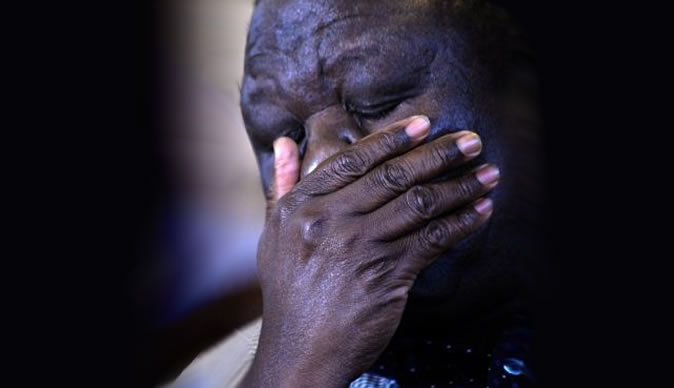

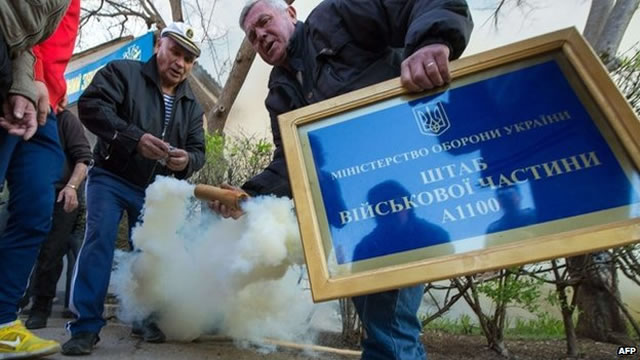

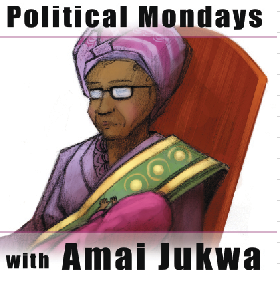
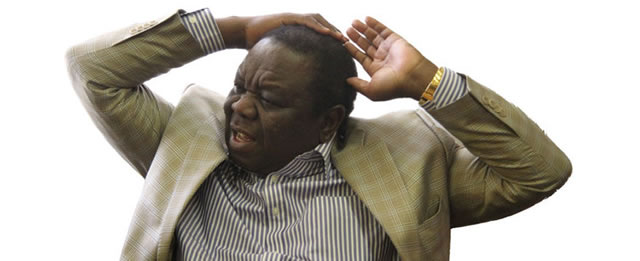


Comments